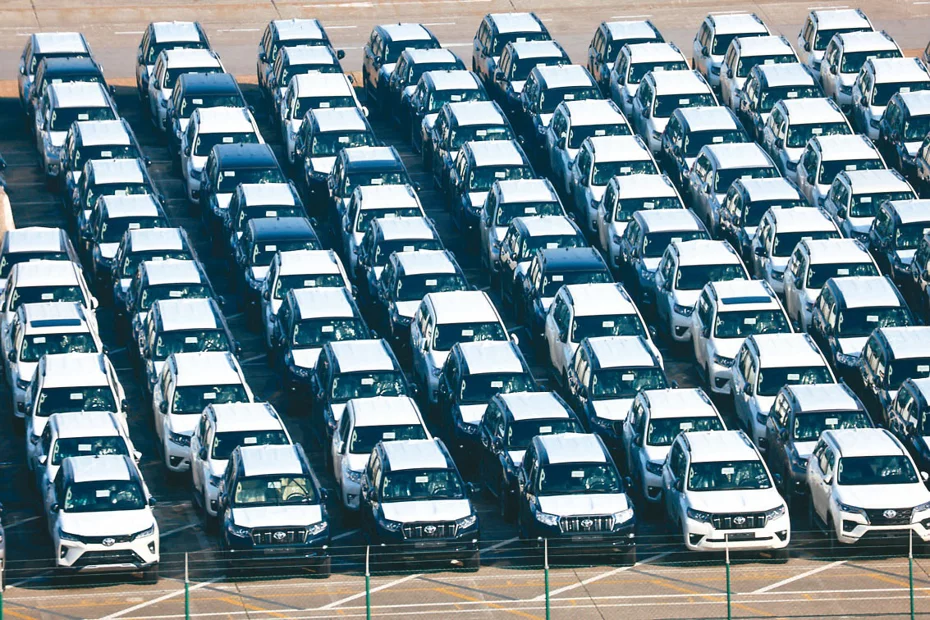As automakers and dealers struggle with logistics bottlenecks such as slowing sales and a shortage of truck drivers, the influx of imported cars into Europe has turned local ports into giant parking lots, with some cars parked for a year and a half.
The British Financial Times (FT) reported that the Antwerp-Bruges Port Authority in Belgium said: “Car dealers are gradually using the port parking lot as a warehouse. These vehicles are not stored at the dealers, but they go to the truck terminal to pick up the goods.”

The port authority added that all major automobile ports suffer from congestion problems, without naming the source of the vehicles. The Port of Zeebrugge, owned by the Port Authority, is Europe’s leading port for importing vehicles.
Some automobile industry executives pointed out that the sales of Chinese vehicles in Europe were slower than expected, which was the main reason for the surge in port vehicles. A supply chain manager said that Chinese electric car manufacturers treat ports like parking lots. According to industry sources, some Chinese brand electric vehicles have been parked in European ports for 18 months. Automobile industry logistics experts said that these vehicles have been sitting at the port before being sold to dealers or end users.
Advertisement
As vehicles pile up at European terminals, BYD , Great Wall, Chery, SAIC and other Chinese manufacturers plan to expand into the European market. Last year, China’s automobile exports increased by 58%, significantly reshaping the automobile market.
In the first two months of this year, the main export bases for electric vehicles, gasoline-electric hybrid vehicles, and hydrogen vehicles include Belgium, the United Kingdom, Germany, and the Netherlands. However, Wang Wentao, China’s Minister of Commerce, recently stated at a meeting with Chinese automakers in Paris that the accusation of “overcapacity” was “baseless.”
People familiar with the matter said that the shortage of trucks is a common problem, and many trucks have been reserved by Tesla. If there is not enough transportation volume and there is no regular purchase, they will not be the truck industry’s largest customer.
Cui Dongshu, secretary-general of the China Passenger Car Association, also said that inland transportation in the European market is quite difficult for Chinese electric vehicle brands. He stressed the need for automakers to change their guerrilla-style export practices, which put them at a disadvantage.
For ro-ro ships that need to unload cars, this “overcrowded” situation at the port has caused a chain reaction. One of the ro-ro ship operators, Oslo-based United European Car Transport Corporation (UECC), said it had gone through “many frustrating experiences”.
This is also the latest setback for the global finished vehicle transportation system. The industry has been struggling for months due to a lack of ship capacity after a surge in China’s auto exports led to a 17% increase in long-distance transport of vehicles compared with a year ago. Incidents in the Red Sea have further exacerbated these problems by forcing ships to reroute, significantly extending ship voyage times.
